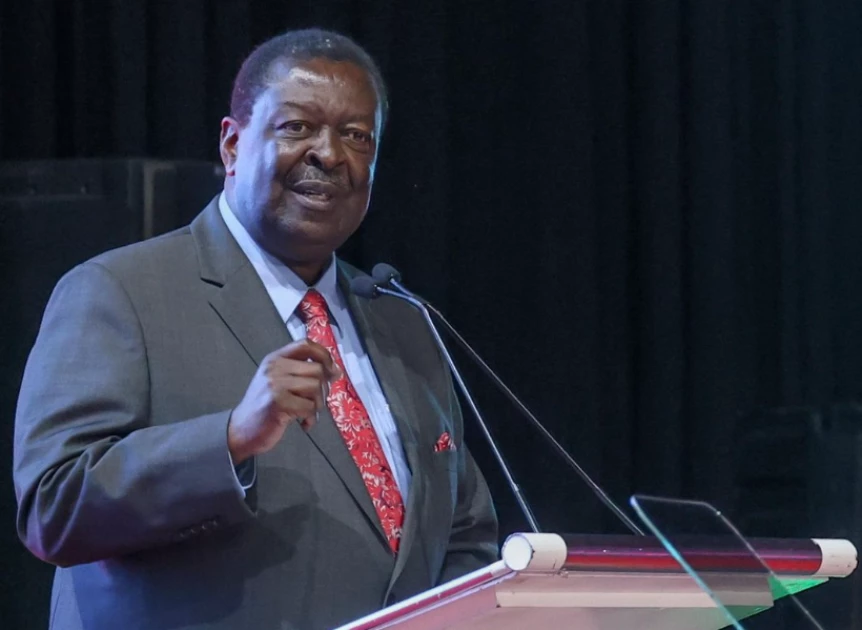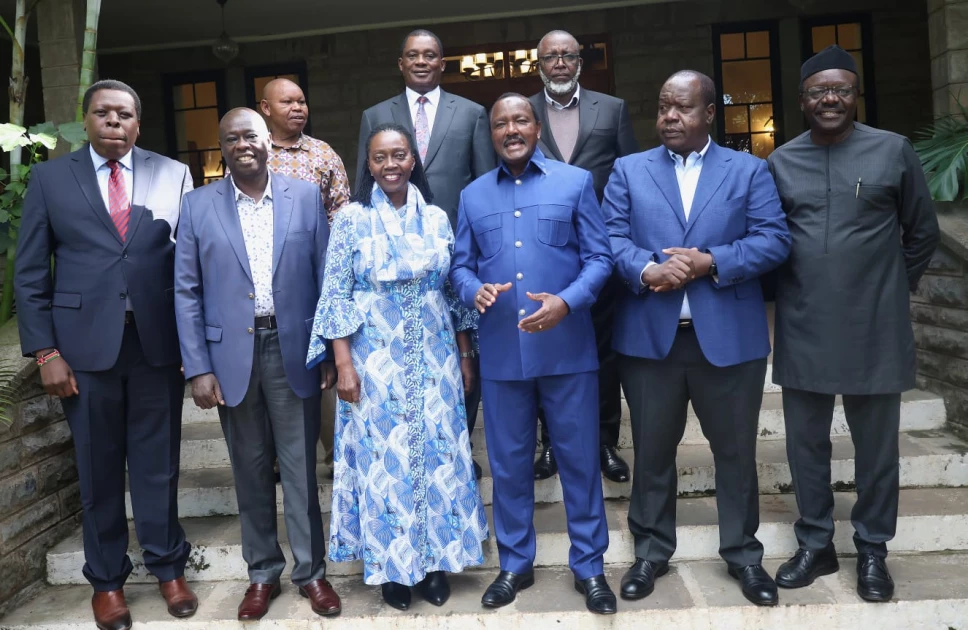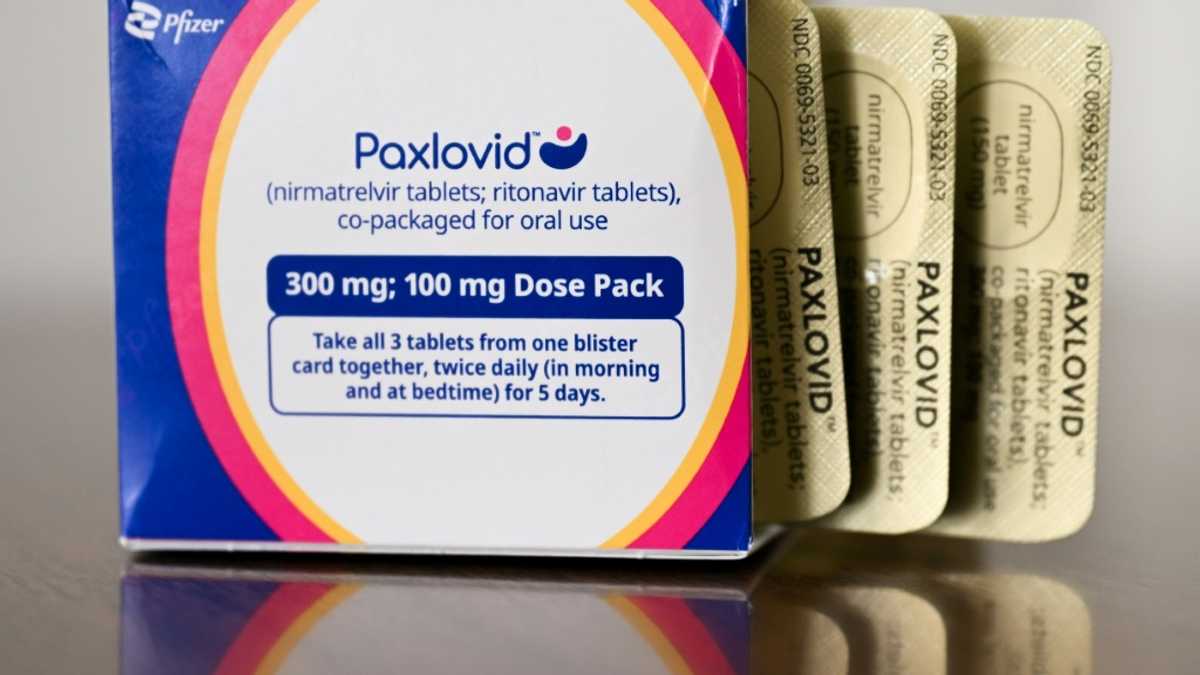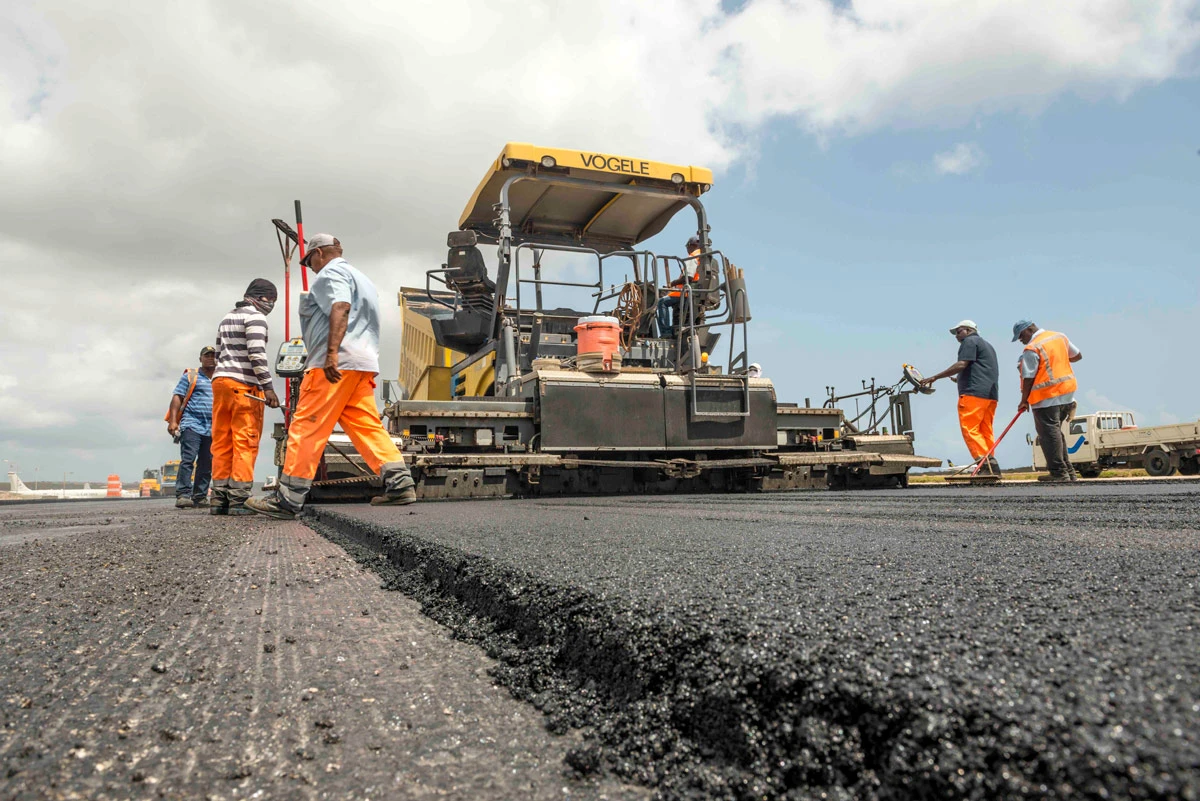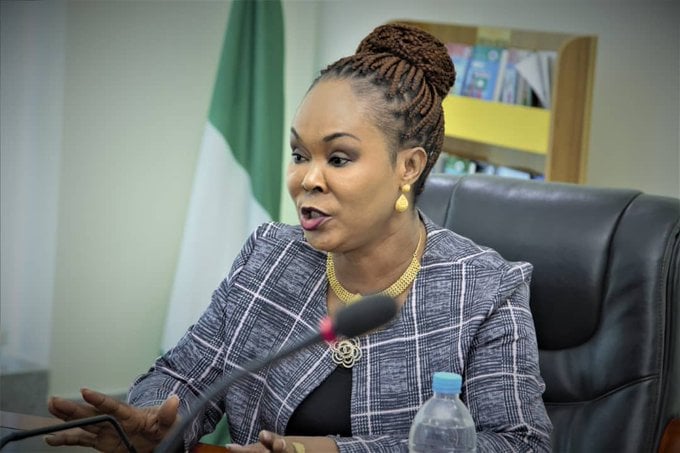'NALDA will boost food production, job creation'

The National Agricultural Land Development Authority (NALDA) has said it has implemented series of initiatives aimed at enhancing food production, reducing costs for farmers, and creating employment opportunities.
Speaking at a media briefing in Abuja on Tuesday, NALDA’s Executive Secretary, Dr. Cornelius Adebayo, outlined key projects, including the Renewed Hope Restoration Project, Renewed Hope Mega Farm Estates, Green Hope Initiative (greenhouse farming), and Aqua Hope Project .
Dr. Adebayo explained that the Renewed Hope Restoration Project seeks to integrate Internally Displaced Persons (IDPs) into the agricultural sector, helping them regain self-sufficiency by engaging in productive farming.
He emphasised that this aligns with President Bola Tinubu’s vision of achieving food security and self-reliance in Nigeria.
“We want IDPs to become productive again by farming what they are familiar with, ensuring they contribute to food production and sustain themselves,” he said.
As part of efforts to modernise agriculture, Adebayo noted that NALDA is shifting towards greenhouse farming under the Green Hope Initiative.
This method, he said, provides a sustainable alternative to open-field cultivation, which is often affected by weather fluctuations and pests.
He said the initiative is particularly focused on addressing irrigation challenges and stabilising crop prices, especially for perishable items like tomatoes.
Adebayo also highlighted the high cost of irrigation due to the reliance on petrol-powered pumps.
To mitigate this, he said NALDA is collaborating with the Rural Electrification Agency (REA) and other government agencies to distribute solar-powered pumps, reducing farmers’ production expenses.
“The rising cost of petrol has significantly increased irrigation costs, particularly in the dry season. By introducing solar-powered pumps, we aim to ease this financial burden on farmers,” he stated.
Adebayo explained that NALDA is decentralising agricultural production to reduce transportation costs and minimise damage to road infrastructure.
He said greenhouse farming clusters are being deployed in key consumption areas, including Lagos, the Federal Capital Territory (FCT), and Rivers State.
According to him, the University of Abuja has already partnered with NALDA to set up greenhouse facilities on campus.
On the Aqua Hope Project, Adebayo expressed concern over Nigeria’s high fish importation rates, stating that the country still imports over a million tons of fish annually while producing less than 300,000 tons.
To bridge this gap, he said NALDA is promoting large-scale aquaculture, particularly among women and youth in rural areas.
“We are advocating for fish farming clusters with processing, drying, packaging, and storage facilities.
Imagine a cluster with 300 earth ponds and water cages this alone could create nearly 300 entrepreneurs,” he said.

